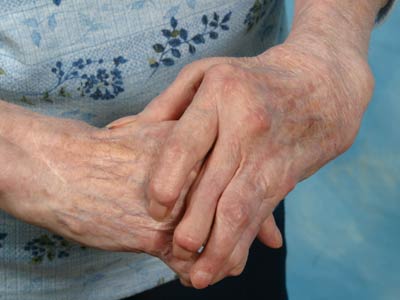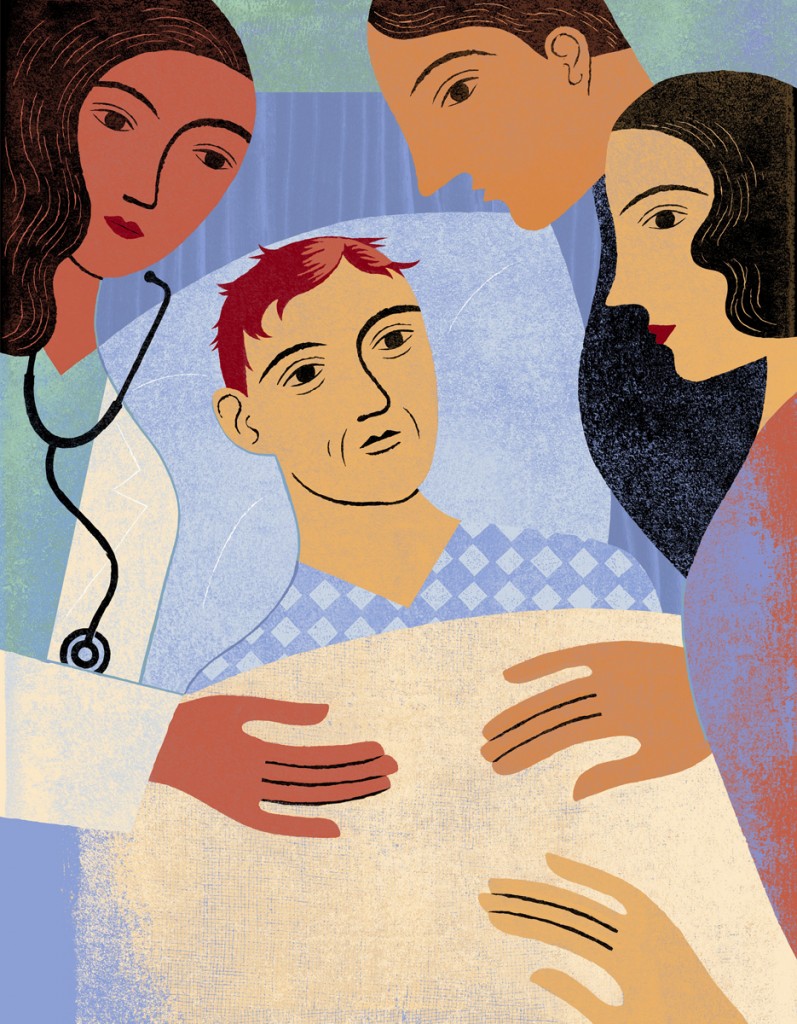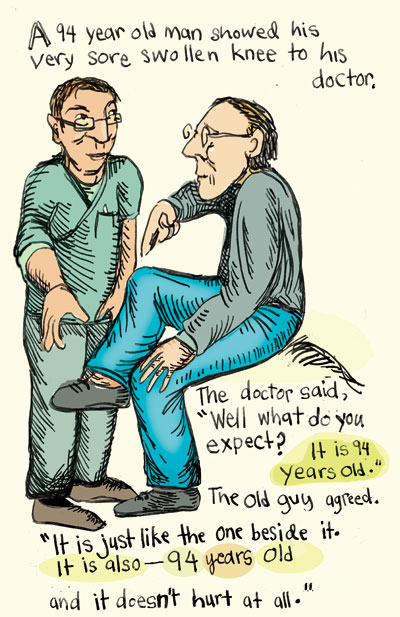By Jane Brody
Robert H. Laws, a retired judge in San Francisco, and his wife, Beatrice, knew it was important to have health care directives in place to help their doctors and their two sons make wise medical decisions should they ever be unable to speak for themselves. With forms from their lawyer, they completed living wills and assigned each other as health care agents.
 They dutifully checked off various boxes about not wanting artificial ventilation, tube feeding and the like. But what they did not know was how limiting and confusing those directions could be.
They dutifully checked off various boxes about not wanting artificial ventilation, tube feeding and the like. But what they did not know was how limiting and confusing those directions could be.
For example, Judge Laws said in an interview, he’d want to be ventilated temporarily if he had pneumonia and the procedure kept him alive until antibiotics kicked in and he could breathe well enough on his own.
What he would not want is to be on a ventilator indefinitely, or to have his heart restarted if he had a terminal illness or would end up mentally impaired.
Nuances like these, unfortunately, escape the attention of a vast majority of people who have completed advance directives, and may also discourage others from creating directives in the first place.
Enter two doctors and a nurse who are acutely aware of the limitations of most such directives. In 2008, they created a service to help people through the process, no matter what their end-of-life choices may be.
The San Francisco-based service, called Good Medicine Consult & Advocacy, is the brainchild of Dr. Jennifer Brokaw, 46, who was an emergency room physician for 14 years and saw firsthand that the needs and wishes of most patients were not being met by the doctors who cared for them in crisis situations.
“The communication gap was huge,” she said in an interview. “The emergency room doctor has to advocate for patients. I felt I could do that and head things off at the pass by communicating both with patients and physicians.”
Sara C. Stephens, a nurse, and Dr. Lael Conway Duncan, an internist, joined her in the project. Ms. Stephens flew to La Crosse, Wis., to be trained in health care advocacy at Gundersen Lutheran Health System. Through its trainees, tens of thousands of nurses, social workers and chaplains have been taught how to help patients plan for future care decisions.
“People often need help in thinking about these issues and creating a good plan, but most doctors don’t have the time to provide this service,” said Bernard Hammes, who runs the training program at Gundersen Lutheran. “Conversation is very important for an advance care plan to be successful. But it isn’t just a conversation; it’s at least three conversations.”’
A Necessary Decision Process
Dr. Hammes, editor of a book, “Having Your Own Say: Getting the Right Care When It Means the Most,” said that while he is especially concerned that people 60 and older make their wishes known to family members and develop a cohesive plan, this should be done by someone who develops a serious illness at any age.
“People need to sit down and decide what kind of care makes sense to them and what doesn’t make sense, and who would be the best person to represent them if they became very ill and couldn’t make medical decisions for themselves,” Dr. Hammes said.
“If, for example, you had a sudden and permanent brain injury, how bad would that injury have to be for you to say that you would not want to be kept alive? What strongly held beliefs and values would influence your choice of medical treatment?”
Divisive family conflicts and unwanted medical interventions can be avoided when people specify their wishes, he said. His own mother “told us that if she had severe dementia, it would be a total waste of her life savings to keep her alive. She would rather that her children got the money.”
“We help people work through the decision process and involve those close to them so that the family shares in their goals,” Dr. Hammes said. “When patients have a care plan, the moral dilemmas doctors face can be prevented.”
At Good Medicine in San Francisco, Dr. Brokaw and her colleagues have thus far helped about two dozen people explain their goals and preferences, at a cost of $1,500 for each person.
“In today’s health care systems, families will be asked when patients can’t speak for themselves and many families are very unprepared to make these decisions,” she said.
Her colleague Ms. Stephens pointed out that only about a quarter of American adults have advance care directives of any kind, and only half of them have them in hand or know where they are should they be needed.
Furthermore, only 12 percent had any input from a physician when filling out the forms, which are often done alone or with a lawyer.
“Your lawyer shouldn’t be writing a medical contract any more than you’d want your doctor to write a legal contract,” Dr. Brokaw said.
The kinds of questions she said people should consider: What was your state of health at the start of the illness? What state are you likely to be in at the end of the illness? What, if anything, can provide a soft landing?
Proper Planning Helps Avoid Troubles
Judge Laws writes in the directive he is preparing, “After family, I value clarity of mind and the capacity to make decisions. To live well is to continue to possess the ability to converse, to read, to retain what I learn and to coherently reflect and understand. I do not want my life prolonged if I undergo a marked lessening of my cognitive powers.”
Judge Laws also does not want “to live with severe, distracting pain.”
His directive will request that any treatment he receive be compatible with those goals. He also writes that he expects his sons and his wife to support his decisions even if they disagree with them and not to let any quarrels over his care cause a rift in the family.
Studies have shown that advance care planning reduces stress on patients, their families and health care providers. It also results in 30 percent fewer malpractice suits, greater patient and family satisfaction, and a lower incidence of depression, drinking problems and other signs of complicated grief among survivors.
Ms. Stephens said that advance directives are “organic documents that can be changed at any time if circumstances or a person’s wishes change.” They should be reviewed at least once every 10 years, she added.
Complete Article HERE!







